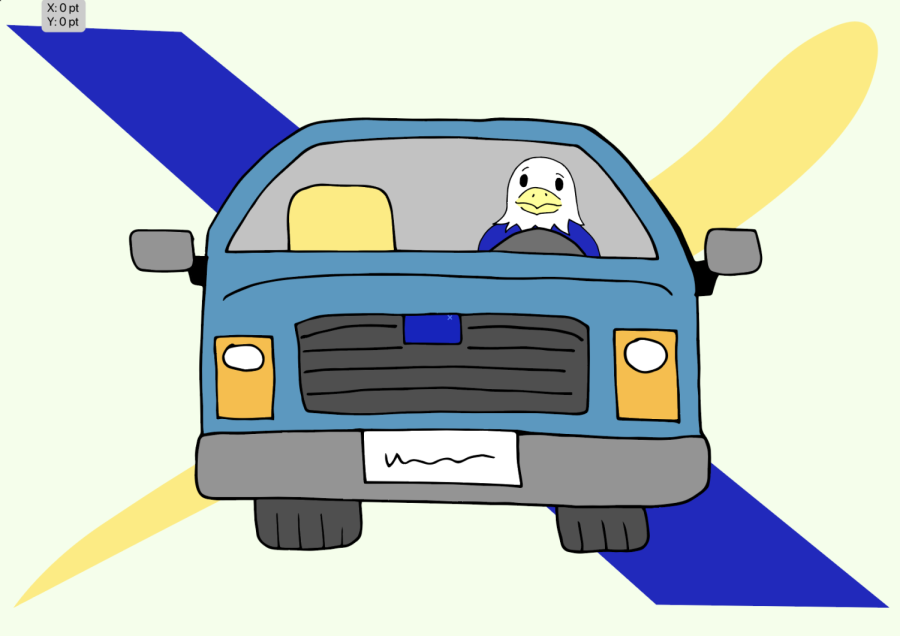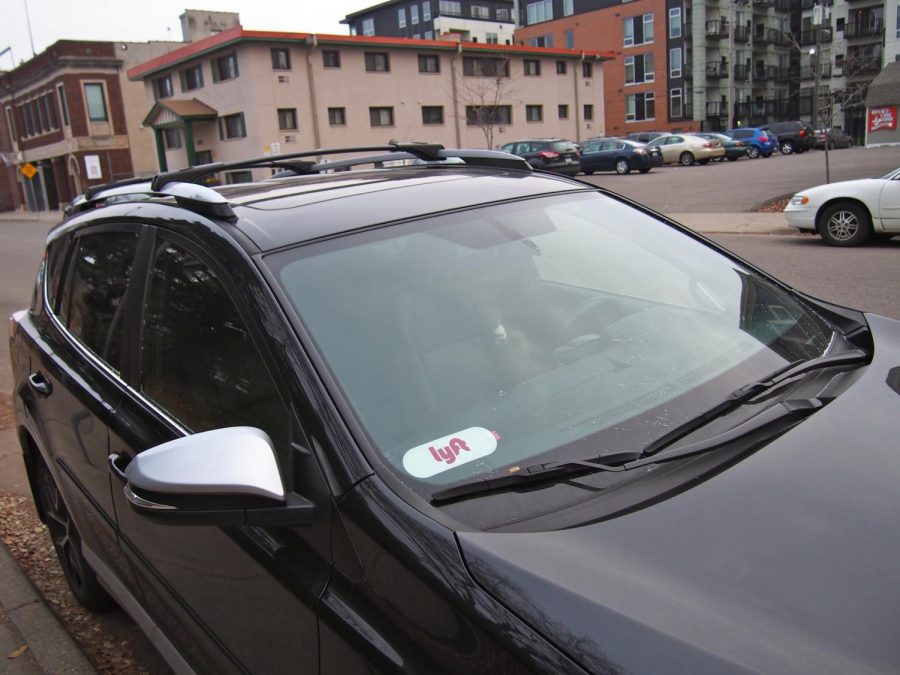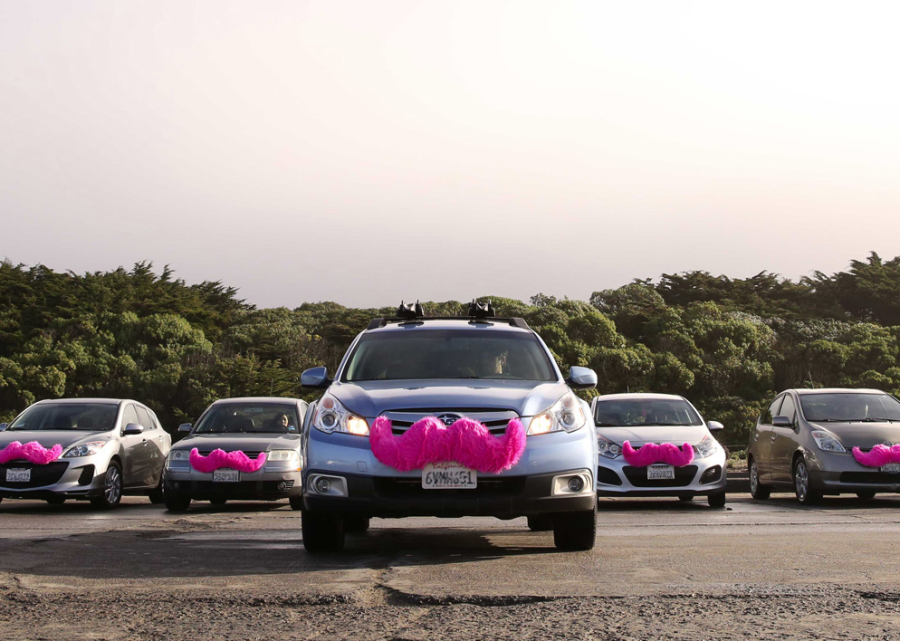From the original horse drawn carriages to the modern yellow cab, taxis have been helping people get where they need to go for over 400 years, according to Business Insider. But the time-tested taxi industry is now facing the most serious threat it has ever encountered: ridesharing services. But Uber’s system has created value both for part-time drivers and for those who use transportation.
Despite its launch only a handful of years ago, rideshare companies have already become the go-to transportation service for people around the world. Uber and Lyft are the giants of this young industry. Both companies have been extraordinarily well-received by the general public, as they are cheaper, quicker and more convenient than traditional taxis.
However, not everyone is hopping on the bandwagon. The taxi companies and drivers largely being replaced are, not surprisingly, the least welcoming to the new business model. They have been resisting Uber and Lyft since the two companies entered the market via protests, strikes and attempts to block the company with new legislation.
For the most part, rideshare companies have been relatively unscathed and continue to dominate over taxis. Recently, new opposition arose. Airports are leading the most recent efforts to regulate Uber. According to the Milwaukee Journal Sentinel, Milwaukee’s own Mitchell International Airport is among those developing restrictions on Uber and Lyft for dropping off and picking up passengers on airport premises.
Mitchell International Airport spokeswoman Pat Rowe explained that ridesharing services offer clear customer service benefits that the airport doesn’t want to eliminate, but that they should also share in the financial responsibility since they are profiting.
Mitchell International Airport is taking cues from other airports across the country. While the individual policies differ slightly, they all involve charging transportation networks per trip and with monthly licensing fees.
Similar fees already apply to most taxi services, so they are clearly warranted. While this may help leveling the playing field, Uber and Lyft still have some serious competitive advantages. Some of which have been seen as legally questionable.
The success of Uber’s business model depends largely on its drivers’ status as independent contractors. Since they aren’t salaried employees, the company isn’t required to offer them the accompanying benefits. Additionally employees are responsible for their own business expenses which for Uber drivers include car maintenance and gas. This dramatically reduces the company’s overhead and allows them to charge lower prices than taxis.
This has raised some ethical dilemmas. First, taxi drivers are worried about being displaced. According to the U.S. Bureau of Labor Statics there over 250,000 taxi drivers in the U.S. which represents a sizeable group of people whose jobs are being threatened by the rise of ridesharing.
While this would surely cause financial hardship for many Americans who depend on their taxi driving jobs to support themselves, I think it is an unavoidable byproduct created by the advancing transportation industry.
This wouldn’t be the first time that technological innovations negatively impact labor forces in specific industries, and it won’t be the last. Many jobs that we view as secure today will inevitably become obsolete in the future. It is an unfortunate side effect of progress, but we cannot resist the change. Rather, we must embrace it and adapt.
Uber may be eliminating jobs but it is also creating them. However, the new rideshare driving jobs created are notably different than traditional taxi driving jobs.
Therein lies the basis of the other major ethical concern. Uber and Lyft employees believe that the company’s classification of their employees as independent contractors is unlawful. Because they receive fewer benefits and are responsible for their own expenses, Uber employees often make significantly less money than taxi drivers, according to the Huffington Post, and this is seen as unfair.
However, I believe this perceived unfairness is due to a failure to see the difference in the business models. The whole basis of Uber is to provide consumers with cheaper rides while creating flexible part-time jobs for people who want a second source of income. The company never intended to have full-time employees.
To me, the real unethical decision would be destroying this value to preserve the existing outdated value of taxi services.









